Home>diy>Building & Construction>How Much Is A Foundation For A Modular Home
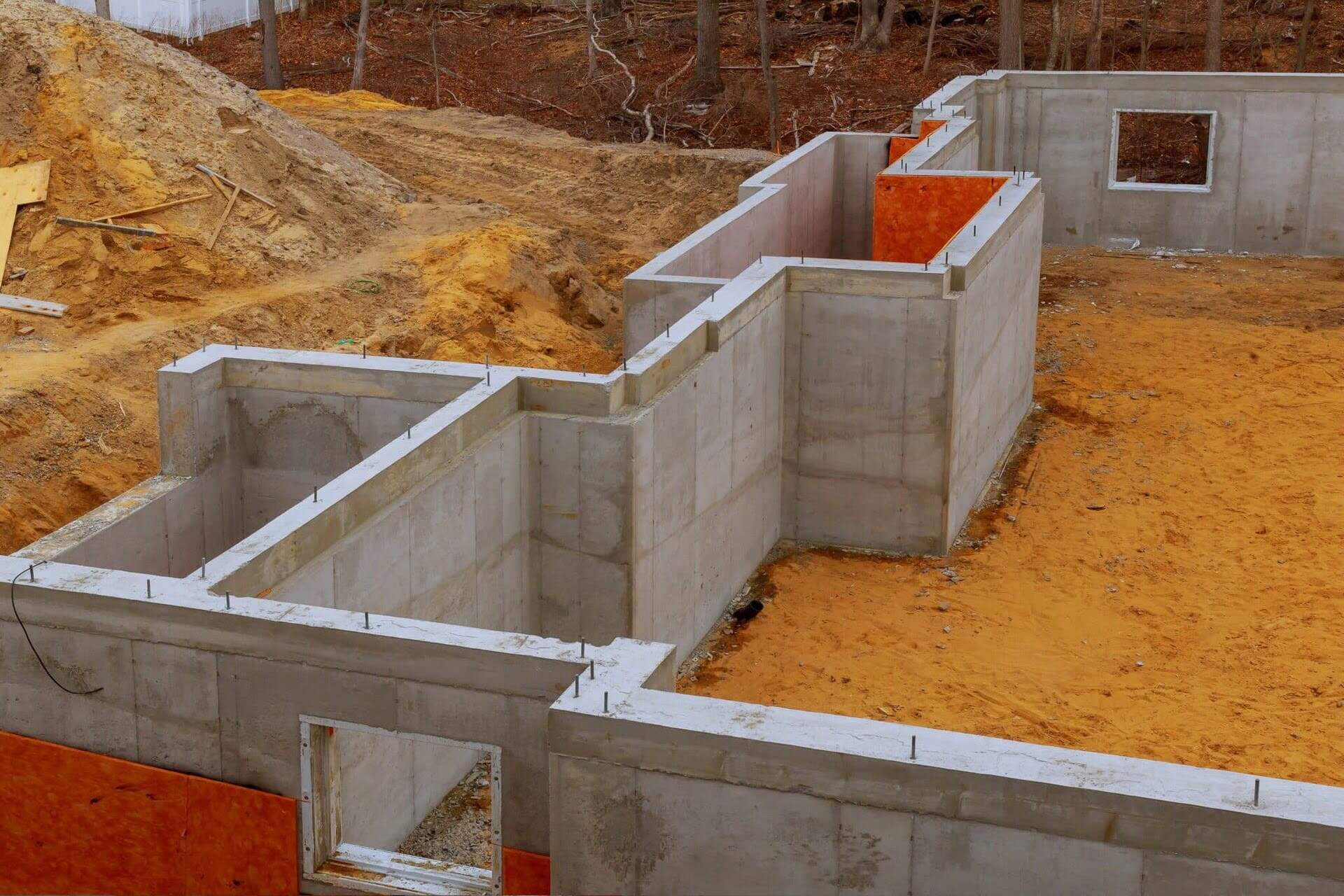

Building & Construction
How Much Is A Foundation For A Modular Home
Modified: January 31, 2024
Looking to build a modular home? Find out the cost of a foundation for a modular home and get expert advice on building construction.
(Many of the links in this article redirect to a specific reviewed product. Your purchase of these products through affiliate links helps to generate commission for Storables.com, at no extra cost. Learn more)
Introduction
Welcome to the world of modular homes, where convenience meets quality in the realm of building construction. Gone are the days when building a home from scratch required extensive time and effort. Modular homes offer a modern solution, providing homeowners with a faster and more efficient way to create their dream living spaces.
But before we delve into the nuances of foundation costs for modular homes, let’s first define what a modular home actually is. A modular home is a type of prefabricated housing that is constructed off-site and then transported to its final location. It is built in sections, or modules, which are then assembled on a foundation to create a complete home.
The foundation of a modular home is a crucial component that provides stability, support, and durability. It serves as the base on which the entire structure rests, so it’s important to understand its significance and the factors that can affect its cost.
When it comes to the cost of a foundation for a modular home, there are several key factors to consider. The type of foundation, the size and design of the home, the location of the site, and the local building codes and regulations can all have an impact on the overall cost.
In this article, we will explore the different types of foundations commonly used for modular homes, their advantages and disadvantages, and the average costs associated with each. Understanding these factors will help you make informed decisions when it comes to planning and budgeting for your modular home project.
So, let’s dive in and uncover the fascinating world of modular home foundations!
Key Takeaways:
- When considering the cost of a foundation for a modular home, factors such as the type of foundation, size and design of the home, site conditions, local building codes, and geographic location all play a significant role in determining the overall cost.
- Understanding the different types of foundations available for modular homes, including concrete slab, crawl space, basement, and pier and beam, is crucial for homeowners to make informed decisions that ensure a solid and suitable foundation, promoting structural integrity, durability, and overall satisfaction with their living space.
Definition of a Modular Home
A modular home, also known as a factory-built home or a prefab home, is a type of housing that is constructed in a factory setting using standardized components, known as modules. These modules are then transported to the building site where they are assembled and connected to form a complete home.
Unlike traditional stick-built homes, which are built entirely on-site, modular homes are constructed off-site in a controlled environment. This controlled environment allows for more efficient and precise construction, as the modules are built using specialized machinery and experienced workers. This results in a higher level of quality control and fewer construction errors.
Modular homes are designed to meet or exceed the same building codes and standards as traditional homes. They come in a wide range of styles and sizes, from simple ranch-style homes to elaborate multi-story structures. These homes can be customized to meet the specific needs and preferences of the homeowner, with various options for floor plans, finishes, and amenities.
One of the key advantages of modular homes is the speed of construction. Since the modules are built concurrently with site preparation, the overall construction time is significantly reduced compared to traditional construction methods. This can be a major benefit, particularly for those who need to move into their new home quickly or have time constraints.
Additionally, modular homes are typically more cost-effective than stick-built homes. The controlled environment and efficient construction processes used in the factory setting help to minimize waste and reduce labor costs. This can result in savings for the homeowner without compromising on quality.
It’s important to note that modular homes are not to be confused with mobile homes or manufactured homes, which are also factory-built but are designed to be transported and set up in different locations. Modular homes, on the other hand, are permanent structures that are built on a foundation and can be indistinguishable from traditionally constructed homes once assembled.
Overall, modular homes offer a versatile and cost-effective housing solution that combines the benefits of factory-built construction with customization and quality. Their popularity continues to grow as more homeowners recognize the advantages they bring to the table.
Importance of a Foundation for a Modular Home
The foundation of a modular home plays a crucial role in providing structural stability, support, and longevity. It is the base upon which the entire modular home structure rests, making it an essential component of the building process. Here are some key reasons why a strong and well-designed foundation is important for a modular home:
- Structural Integrity: The foundation supports the weight of the entire modular home. It distributes the load evenly across the ground, ensuring that the structure remains stable and secure. A solid foundation helps prevent settling, shifting, and structural damage that could arise from an inadequate or poorly designed base.
- Protection from Moisture: A properly constructed foundation helps protect the modular home from moisture-related issues such as water infiltration, dampness, and mold. It acts as a barrier, preventing water from seeping into the home’s structure and causing damage. This is particularly important in areas with high groundwater levels or frequent precipitation.
- Energy Efficiency: A well-designed foundation can contribute to the overall energy efficiency of a modular home. By providing proper insulation and sealing against air leaks, it helps to reduce heat loss in the colder months and heat gain in the warmer months. This can lead to lower energy bills and a more comfortable living environment.
- Long-Term Durability: A solid foundation ensures the long-term durability of a modular home. It helps to minimize the risk of settlement, cracking, and structural problems that can occur over time. By choosing the appropriate foundation type and materials, homeowners can ensure that their modular home remains structurally sound for many years to come.
- Compliance with Building Codes: Local building codes and regulations often require specific standards for foundations. By constructing a proper foundation, homeowners can ensure that their modular home complies with these codes and meets all necessary safety and structural requirements. This compliance is essential for obtaining the required building permits and for the overall legality of the structure.
Overall, the foundation is a critical element in the construction of a modular home. Its importance cannot be overstated, as it provides the necessary support, protection, and durability for the entire structure. By investing in a well-designed and properly constructed foundation, homeowners can enjoy a safe, comfortable, and long-lasting modular home.
Factors Affecting the Cost of a Foundation
When it comes to the cost of a foundation for a modular home, there are several factors that can influence the overall price. Understanding these factors will help homeowners budget for their project more accurately. Here are some key factors to consider:
- Type of Foundation: The type of foundation chosen for a modular home can greatly impact the cost. Different foundation types, such as concrete slab, crawl space, basement, or pier and beam, vary in complexity and materials required, which can affect the overall price. Additionally, certain foundation types may require additional excavation or site preparation work, further impacting the cost.
- Size and Design of the Home: The size and design of the modular home play a significant role in determining the foundation cost. Larger homes require more materials and labor for the foundation construction, consequently increasing the overall cost. Similarly, homes with complex designs or multiple stories may require additional engineering and structural considerations, leading to higher foundation costs.
- Site Conditions: The condition of the building site also affects the foundation cost. Factors such as soil stability, slope, accessibility, and drainage can impact the level of site preparation required for the foundation. Sites with challenging conditions may need additional measures, such as soil stabilization or drainage systems, which can increase the overall cost of the foundation.
- Local Building Codes and Regulations: Building codes and regulations vary from one jurisdiction to another. Compliance with these codes is essential, and there may be specific requirements or standards for foundations that need to be met. Factors such as seismic zone, frost depth, and soil bearing capacity can influence the design and construction methods, potentially impacting the cost of the foundation.
- Geographic Location: The geographic location of the building site can also affect the foundation cost. Construction costs, including labor and materials, can vary in different regions. Additionally, if the site is in a remote or difficult-to-access location, it may require additional logistics and transportation expenses, which can contribute to the overall foundation cost.
It’s important for homeowners to consider these factors in their planning and budgeting to ensure they have a realistic understanding of the potential costs involved in the foundation construction for their modular home. Consulting with professionals, such as contractors or foundation specialists, can provide valuable insights and help homeowners make informed decisions regarding the most suitable and cost-effective foundation options for their specific project.
Different Types of Foundations for Modular Homes
When it comes to selecting the right foundation for a modular home, there are several options to choose from. Each type of foundation has its advantages and considerations, depending on factors such as soil conditions, budget, and local building codes. Here are some commonly used foundation types for modular homes:
- Concrete Slab Foundation: A concrete slab foundation is a popular choice for modular homes. It involves pouring a concrete slab directly on the ground, which serves as both the foundation and the floor of the home. This type of foundation is cost-effective, as it requires less excavation and materials compared to other types. It’s important to ensure proper insulation and moisture control with this foundation to prevent issues such as cracking and moisture penetration.
- Crawl Space Foundation: A crawl space foundation involves building a raised foundation with a crawl space underneath the home. This foundation type allows for easy access to plumbing, electrical, and HVAC systems and provides additional storage space. It can be constructed using concrete footings or piers with supporting beams. Crawl space foundations are well-suited for areas with high water tables or uneven terrain.
- Basement Foundation: A basement foundation provides additional living space below ground level. It offers the benefits of extra storage, utility rooms, and potentially expanded living areas. Typically, the basement foundation involves excavation to create a basement space with concrete walls and a slab floor. Basement foundations are often more expensive due to the additional excavation and construction involved but can provide long-term benefits for homeowners.
- Pier and Beam Foundation: A pier and beam foundation consists of a series of piers, typically made of concrete, wood, or steel, that support the structural beams and floor joists. This elevates the home off the ground and allows for ventilation and moisture control. Pier and beam foundations are advantageous in areas with expansive or unstable soil conditions and allow easy access to plumbing and electrical systems.
Each foundation type has its own advantages and disadvantages, and the choice depends on various factors such as site conditions, climate, budget, and personal preferences. It’s important to work with a qualified contractor or foundation specialist who can assess the specific needs of the site and provide expert advice on the most suitable foundation type for the modular home.
By understanding the different types of foundations available, homeowners can make informed decisions that ensure a solid and suitable foundation for their modular home, promoting structural integrity, durability, and overall satisfaction with their living space.
Read more: How Much To Build A Foundation
Concrete Slab Foundation
A concrete slab foundation is a common and cost-effective type of foundation for modular homes. It involves pouring a solid concrete slab on the ground, which serves as both the foundation and the floor of the home. This type of foundation offers several advantages and considerations for homeowners:
- Cost-Effective: Concrete slab foundations are generally less expensive compared to other foundation types. They require less excavation and materials, making them a budget-friendly option for homeowners. The simplicity of the construction process also contributes to the cost-effectiveness of this type of foundation.
- Speed of Construction: Concrete slab foundations can be constructed relatively quickly, helping to shorten the overall construction timeline of the modular home project. The modular home can be set up directly on the cured slab, minimizing the need for additional work after the foundation is complete.
- Stability and Durability: A concrete slab foundation provides a stable and durable base for the modular home. The solid concrete slab distributes the weight of the home evenly, reducing the risk of settling or shifting. It also offers resistance to various weather conditions, including moisture and temperature fluctuations.
- Low Maintenance: Once constructed, a concrete slab foundation requires minimal maintenance. It does not have the same vulnerabilities to pests and moisture as other foundation types. Regular inspections and proper sealing can help prolong the lifespan of the foundation and prevent any potential issues.
- Insulation and Moisture Control: Proper insulation and moisture control are crucial when using a concrete slab foundation. Insulating materials, such as rigid foam insulation, can be installed beneath the slab to minimize heat loss and improve energy efficiency. Vapor barriers and adequate drainage systems are also essential to prevent moisture buildup and potential issues such as mold or mildew.
Despite its advantages, a concrete slab foundation may not be suitable for all situations. Factors such as soil conditions, local building codes, and site elevation need to be considered before opting for this foundation type. Additionally, homeowners need to plan for adequate crawl space or basement access if desired, as these options are not typically available with a concrete slab foundation.
Consulting with a foundation specialist or contractor who has experience with modular homes can provide valuable insights and ensure that the concrete slab foundation is designed and constructed correctly. Ultimately, a well-built concrete slab foundation can provide a solid and reliable base for a modular home, offering homeowners peace of mind and a durable living space for years to come.
When budgeting for a foundation for a modular home, consider factors such as the type of foundation (slab, crawl space, or basement), site preparation, and local building codes. Get quotes from multiple contractors to ensure you get the best value for your investment.
Crawl Space Foundation
A crawl space foundation is a type of foundation commonly used for modular homes. It involves building a raised foundation with a crawl space underneath the home, providing several advantages and considerations for homeowners:
- Accessibility and Maintenance: One of the main benefits of a crawl space foundation is the easy access it provides to the home’s plumbing, electrical, and HVAC systems. This makes maintenance and repairs much more convenient compared to other foundation types. Homeowners can easily access and inspect these systems, making any necessary repairs or upgrades more straightforward.
- Moisture Control: Crawl space foundations allow for better moisture control compared to slab foundations. Proper ventilation and insulation can help prevent issues such as condensation, mold, and moisture-related damage. It is important to install vapor barriers and ensure adequate airflow within the crawl space to maintain optimal humidity levels.
- Added Storage: Crawl spaces also offer additional storage opportunities. Homeowners can utilize the extra space beneath the home to store items that are not frequently used, such as seasonal decorations or outdoor equipment. This can help free up space within the main living areas of the home.
- Flexibility: Crawl space foundations offer more design flexibility compared to slab foundations. It allows for adjustments in the elevation of the home, accommodating sloped or uneven terrain. This can be especially advantageous when building on challenging sites where leveling the ground may be impractical or costly.
- Insulation and Energy Efficiency: Crawl space foundations allow for insulation to be installed in the walls, floor, and even the ceiling of the crawl space. This helps to improve energy efficiency by reducing heat loss in colder months and heat gain in warmer months. Proper insulation can lead to energy savings and a more comfortable living environment.
Despite their benefits, crawl space foundations may have some considerations that homeowners should be aware of. They typically require more extensive site preparation and construction compared to slab foundations, as they involve building supporting beams or footings. Crawl spaces also need to be properly ventilated and insulated to prevent issues related to moisture and temperature.
Consulting with a foundation specialist or contractor who has experience with modular homes is crucial when considering a crawl space foundation. They can provide guidance on design, materials, and construction methods to ensure that the crawl space foundation is built properly and meets local building codes.
A crawl space foundation can offer homeowners the benefits of accessibility, moisture control, and additional storage space. By carefully planning and executing the construction of a crawl space foundation, homeowners can enjoy a stable and functional foundation for their modular home.
Basement Foundation
A basement foundation is a popular choice for homeowners building a modular home. It offers several advantages and considerations that make it a desirable option for those seeking additional living space and storage. Here are some key points to consider when it comes to basement foundations:
- Added Living Space: One of the main benefits of a basement foundation is the extra living space it provides. Unlike other foundation types, basements offer a below-ground level area that can be finished and utilized as additional rooms for various purposes, such as bedrooms, home offices, entertainment spaces, or utility rooms.
- Storage Opportunities: Basements often offer ample storage space, making it an ideal choice for homeowners who require extra room for storing items such as seasonal decorations, sports equipment, or household supplies. This can help keep the main living areas of the home clutter-free and better organized.
- Flexibility in Design: Basement foundations provide greater flexibility in terms of design options. The below-ground level allows for more creativity in floor plan arrangements and architectural features. With a basement foundation, homeowners have the freedom to customize the space according to their specific needs and preferences.
- Energy Efficiency: Basements can contribute to the overall energy efficiency of a modular home. The below-ground level provides natural insulation, helping to regulate indoor temperatures and reduce heating and cooling costs. Additionally, basement walls can be insulated to enhance energy efficiency and improve overall comfort.
- Potential for Expansion: A basement foundation offers the potential for future expansion. If homeowners find the need for additional space in the future, a basement provides the opportunity to finish or remodel the area to accommodate changing needs, such as adding extra bedrooms or creating a home gym, without altering the original footprint of the home.
It’s important to consider a few factors when deciding on a basement foundation. Construction costs for basement foundations are typically higher due to the excavation and additional labor and materials involved. Basements also require proper waterproofing and moisture control measures to prevent issues such as leaks, mold, or mildew. Local building codes and any potential challenges related to the soil composition and groundwater levels in the area should also be taken into consideration.
Consulting with a contractor or foundation specialist who has experience in building basement foundations for modular homes is essential. They can provide guidance on design, construction methods, and waterproofing techniques to ensure the basement foundation is structurally sound, meets building codes, and suits the specific needs and preferences of the homeowners.
A basement foundation can offer homeowners the benefits of added living space, storage, flexibility, and energy efficiency. By carefully planning and constructing a basement foundation, homeowners can create a functional and versatile space that enhances the value and functionality of their modular home.
Pier and Beam Foundation
A pier and beam foundation is a type of foundation commonly used for modular homes. It consists of a series of piers, typically made of concrete, wood, or steel, that support the structural beams and floor joists. This foundation type offers a range of advantages and considerations for homeowners:
- Flexibility and Adaptability: Pier and beam foundations are popular due to their adaptability to various terrain conditions. This foundation type is suitable for areas with unstable soil, slopes, or high water tables. It allows for adjustments in pier placement to accommodate the specific needs of the site.
- Accessibility and Maintenance: One of the main advantages of a pier and beam foundation is the accessibility it provides to the home’s plumbing, electrical, and HVAC systems. These systems can be easily accessed through the crawl space, making maintenance and repairs more convenient compared to other foundation types.
- Moisture Control: Pier and beam foundations allow for better moisture control compared to slab foundations. The elevated structure helps prevent direct contact with the ground, reducing the risk of moisture-related issues such as dampness, mold, and rot. Proper ventilation and insulation are necessary to maintain optimal humidity levels within the crawl space.
- Energy Efficiency: With proper insulation in the floor and walls, pier and beam foundations can contribute to energy efficiency. Insulating the floor can help reduce heat loss in colder months, while insulating the walls, especially in colder climates, can further enhance energy efficiency and comfort.
- Design Flexibility: Pier and beam foundations offer design flexibility due to their elevated structure. This foundation type allows for adjustments in the elevation of the home and offers more architectural design options. It can accommodate sloped or uneven terrain and allows for additional features like covered parking or storage areas underneath the home.
While pier and beam foundations offer several advantages, there are considerations to keep in mind. Properly designing and constructing the piers and beams is essential to ensure the structural integrity of the foundation. Additionally, pier and beam foundations may be more susceptible to pests such as rodents and insects compared to other foundation types, requiring proper sealing and pest control measures.
Consulting with foundation specialists or contractors experienced in pier and beam foundations for modular homes is crucial. They can assess the specific needs of the site, provide guidance on design and materials, and ensure that the foundation meets local building codes and regulations.
A pier and beam foundation can provide homeowners with flexibility, accessibility, and better moisture control compared to other foundation types. By carefully considering the terrain conditions and working with professionals, homeowners can enjoy a durable and well-designed foundation for their modular home.
Read more: How Much Is Foundation Repair In Texas?
Average Cost of Foundations for Modular Homes
The cost of a foundation for a modular home can vary depending on several factors, including the type of foundation, the size and design of the home, local labor and material costs, and site-specific considerations. While it is challenging to provide an exact average cost due to these variables, here is a general overview of the expected costs associated with different foundation types:
- Concrete Slab Foundation: A concrete slab foundation is often the most cost-effective option for a modular home. On average, the cost for a concrete slab foundation can range from $4 to $10 per square foot, depending on factors such as site preparation requirements and the local cost of materials and labor. Keep in mind that additional costs may apply for insulation and moisture control measures.
- Crawl Space Foundation: The cost of a crawl space foundation is typically higher than a concrete slab foundation due to additional materials and labor involved in its construction. On average, the cost for a crawl space foundation can range from $7 to $15 per square foot. Factors such as the size of the crawl space, the need for excavation or grading work, and the local cost of materials and labor will influence the overall cost.
- Basement Foundation: Basement foundations are generally the most expensive option due to the additional excavation and construction involved. The cost for a basement foundation can range from $20 to $35 per square foot on average. Factors such as the depth of the basement, the construction materials used, and any desired features like windows or walkout access will affect the final cost.
- Pier and Beam Foundation: The cost of a pier and beam foundation can vary depending on the number of piers required, the type of materials used, and the complexity of the design. On average, the cost for a pier and beam foundation can range from $10 to $20 per square foot. Factors such as the spacing between piers, the depth of the beams, and the local cost of materials and labor will impact the overall cost.
It’s important to note that these cost estimates are only general averages and can vary significantly depending on location and individual project specifications. Other factors, such as site conditions, excavation requirements, and the need for additional features or customization, also need to be considered when budgeting for a foundation.
Working with a contractor or foundation specialist who has experience with modular homes is crucial. They can provide a more accurate cost estimate based on your specific needs and location, taking into account any site-specific considerations and local building codes.
It’s essential to allocate a sufficient budget for the foundation as it is a critical component of the modular home construction process. Having a clear understanding of the cost factors involved in different foundation types will help homeowners plan and budget effectively for their modular home project, ensuring a solid and well-built foundation.
Conclusion
The foundation of a modular home is an essential component that provides stability, support, and longevity to the structure. Choosing the right foundation type and ensuring its proper construction is crucial for the overall success of a modular home project. By understanding the different types of foundations available and the factors that can affect their cost, homeowners can make informed decisions and plan effectively.
Concrete slab foundations offer a cost-effective and efficient option, while crawl space foundations provide accessibility and moisture control. For those looking for additional living space, basement foundations can offer an opportunity for expansion and increased storage. Pier and beam foundations offer flexibility and adaptability to diverse terrain conditions.
It’s important to consult with professionals, such as contractors or foundation specialists, who have experience with modular homes to ensure the foundation is built properly and meets local building codes. They can provide guidance on design, materials, and construction methods that are suitable for the specific needs and preferences of homeowners.
While it can be challenging to provide an exact average cost for foundations due to the various factors involved, homeowners can expect different foundation types to have different price ranges. Concrete slab foundations tend to be the most cost-effective, while basement foundations are typically the most expensive.
By properly budgeting and allocating sufficient funds for the foundation, homeowners can ensure the project progresses smoothly and without compromise on quality. Planning for insulation, moisture control, and adherence to local building codes are also important considerations.
In conclusion, the foundation of a modular home is a critical component that should not be overlooked. It provides structural integrity, stability, and durability to the entire structure. By understanding the different types of foundations, considering the factors that impact their cost, and working with experienced professionals, homeowners can embark on their modular home journey with confidence, knowing that they are building on a solid and well-designed foundation.
Frequently Asked Questions about How Much Is A Foundation For A Modular Home
Was this page helpful?
At Storables.com, we guarantee accurate and reliable information. Our content, validated by Expert Board Contributors, is crafted following stringent Editorial Policies. We're committed to providing you with well-researched, expert-backed insights for all your informational needs.
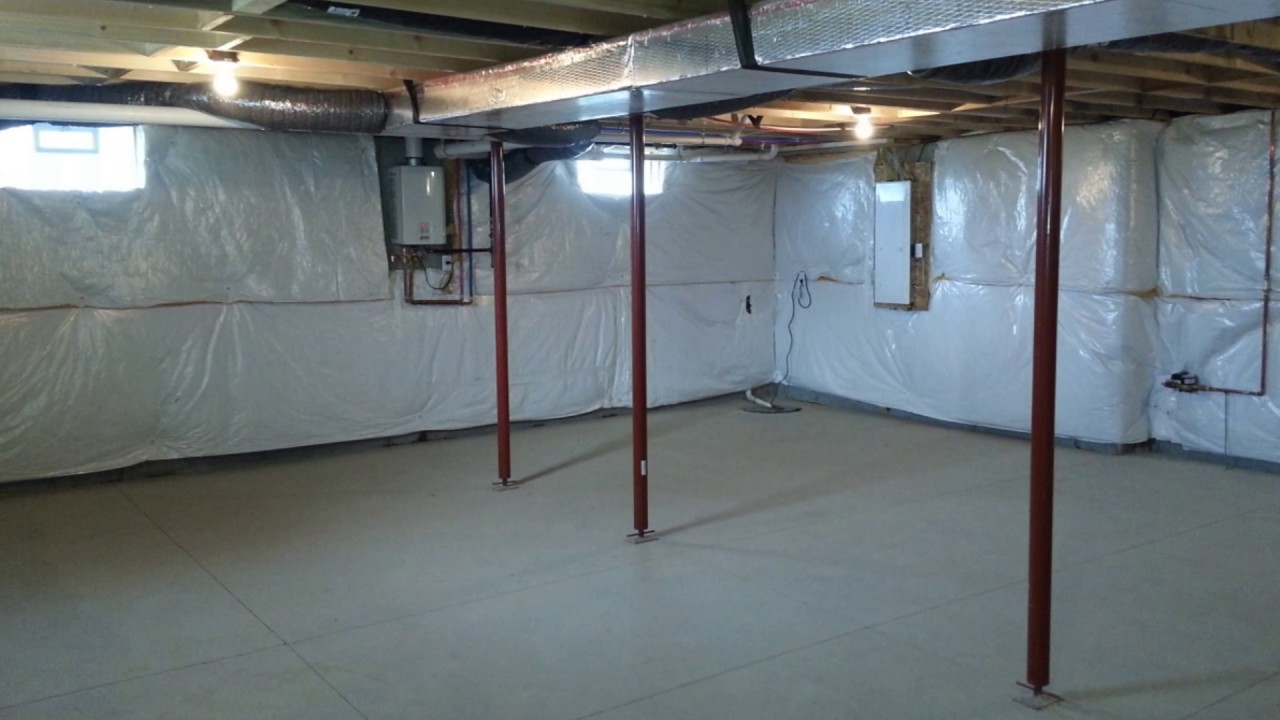
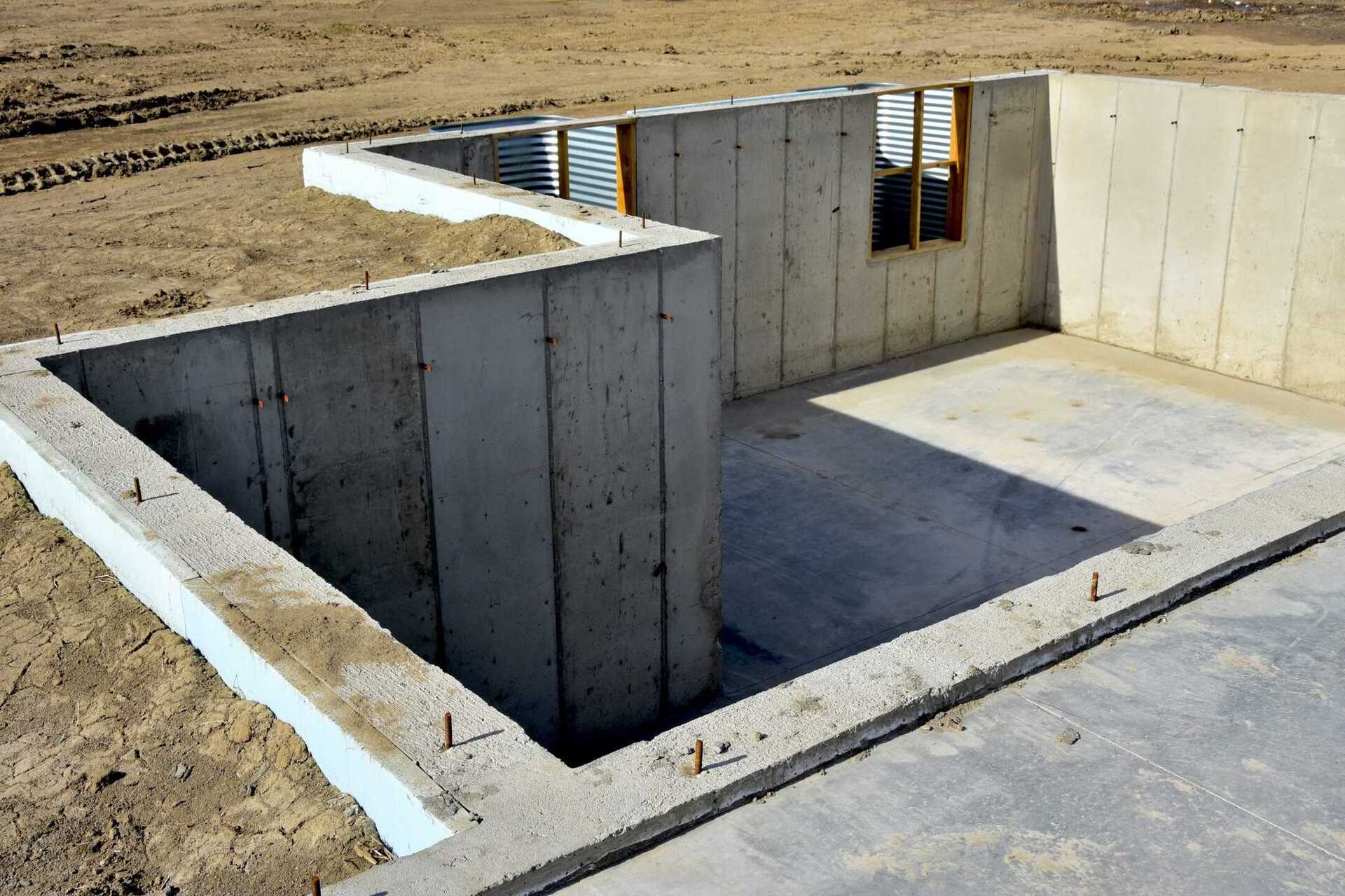
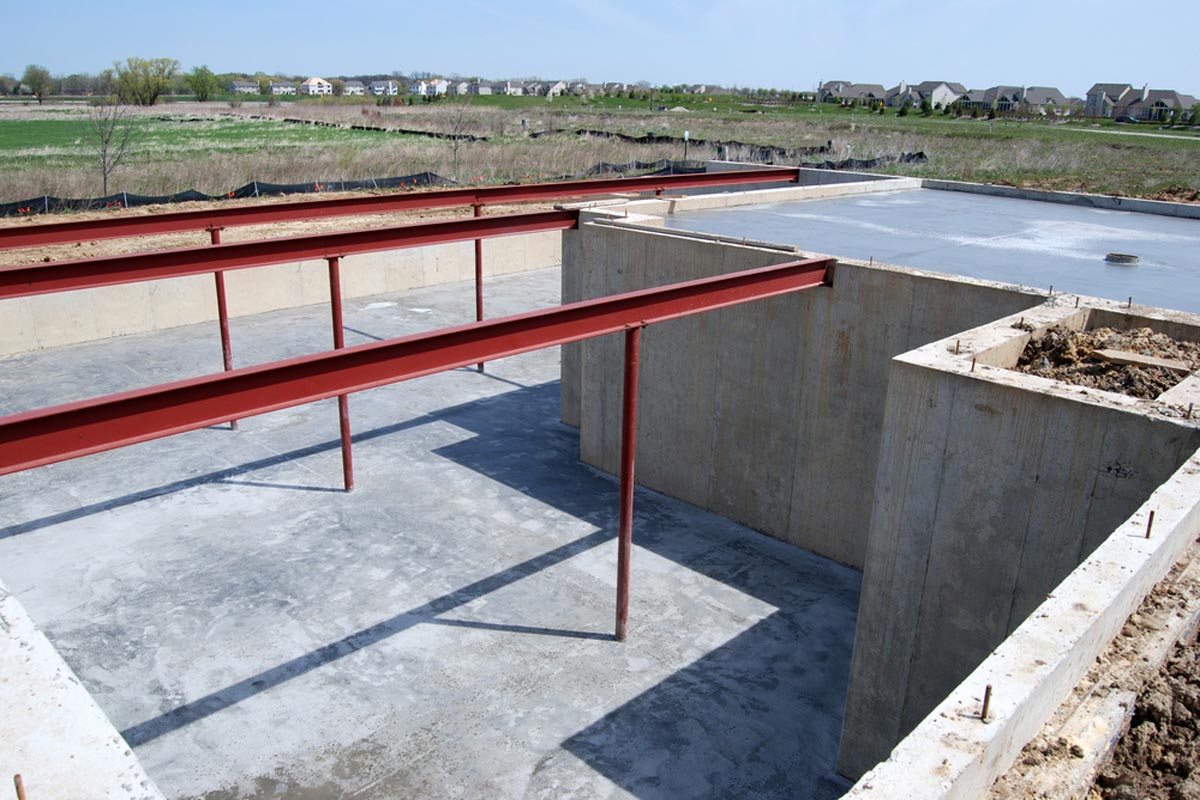
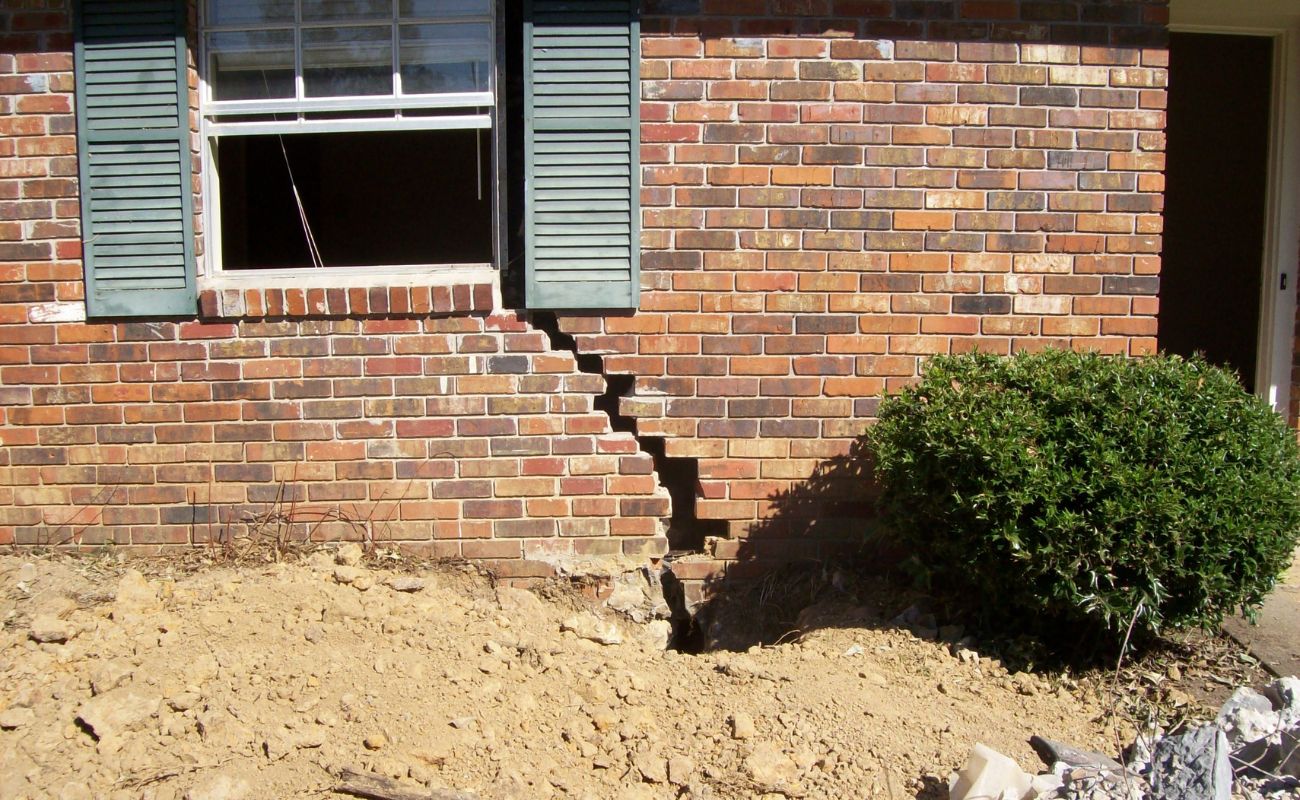
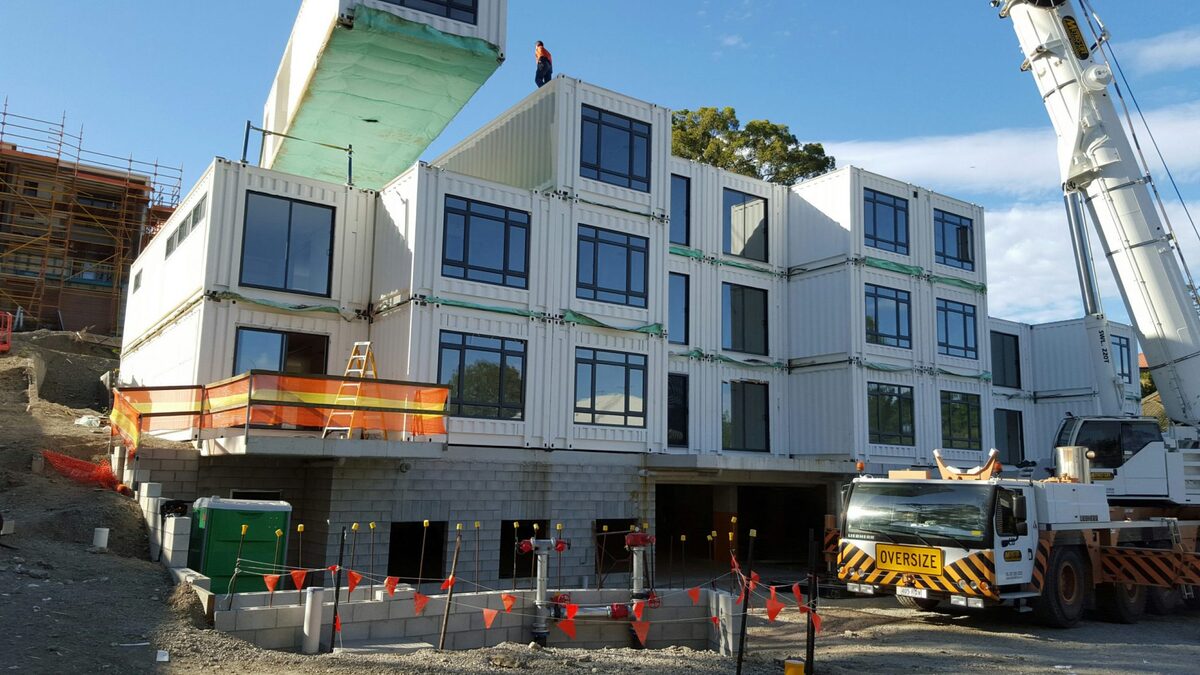
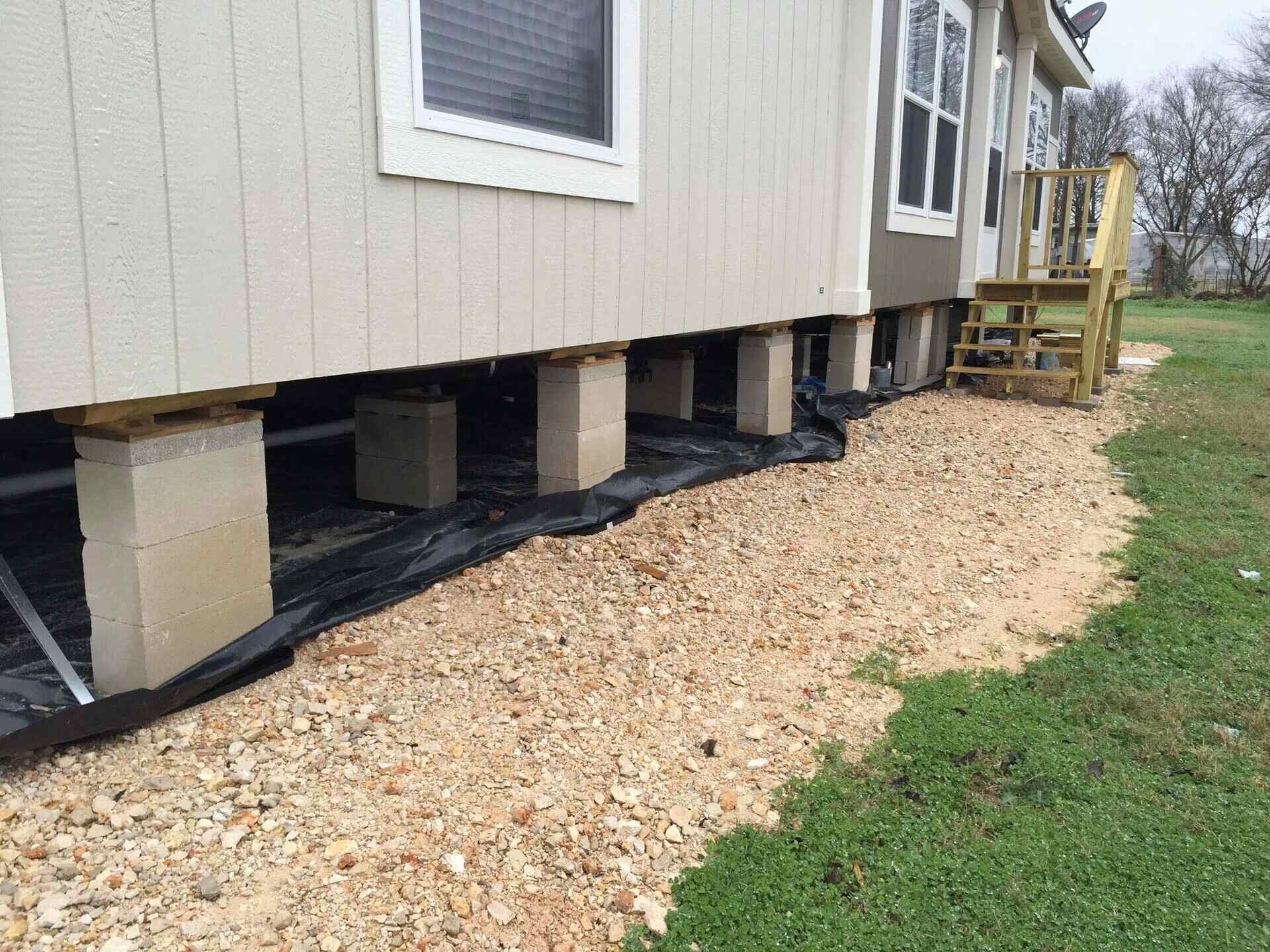
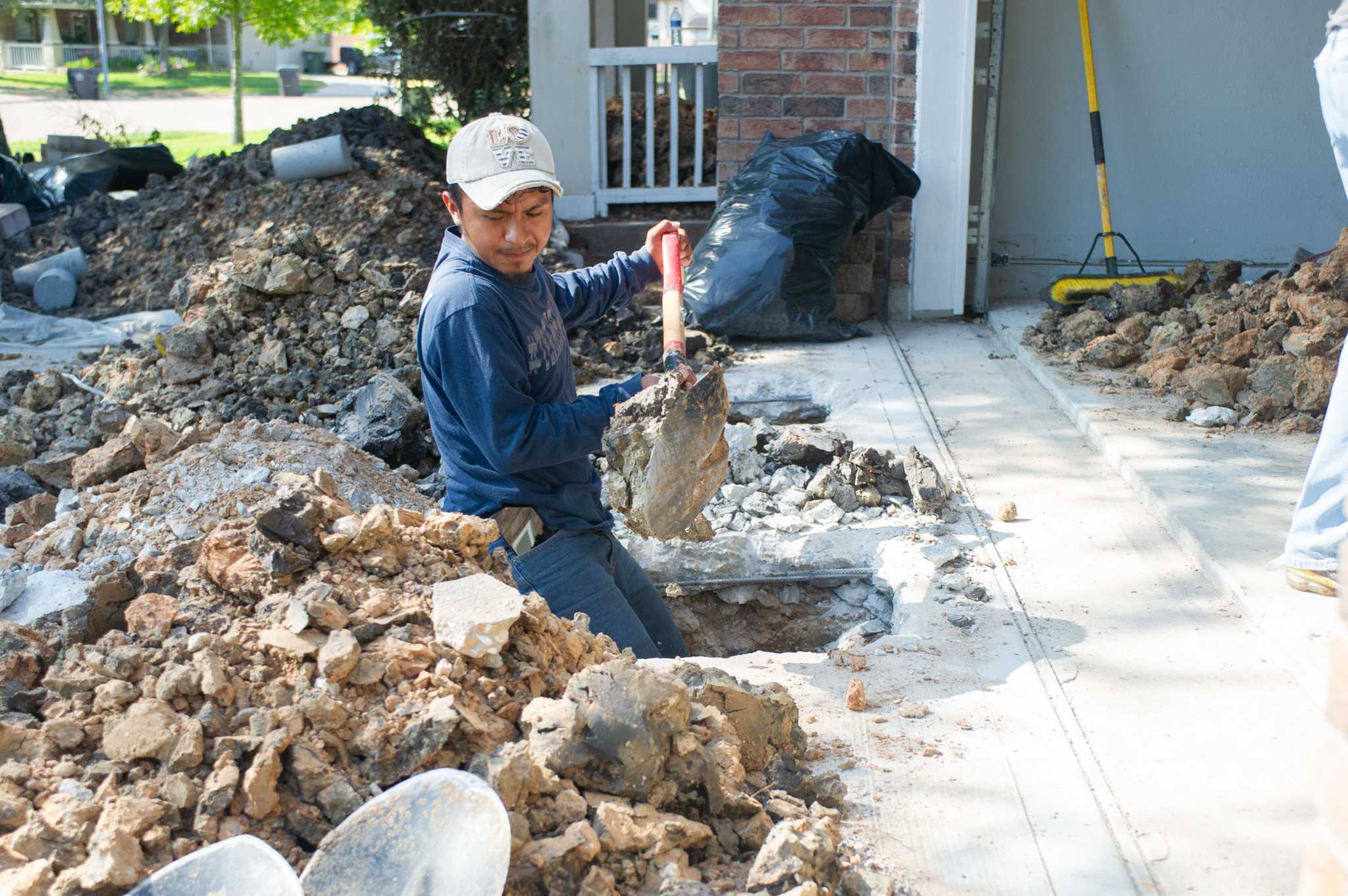
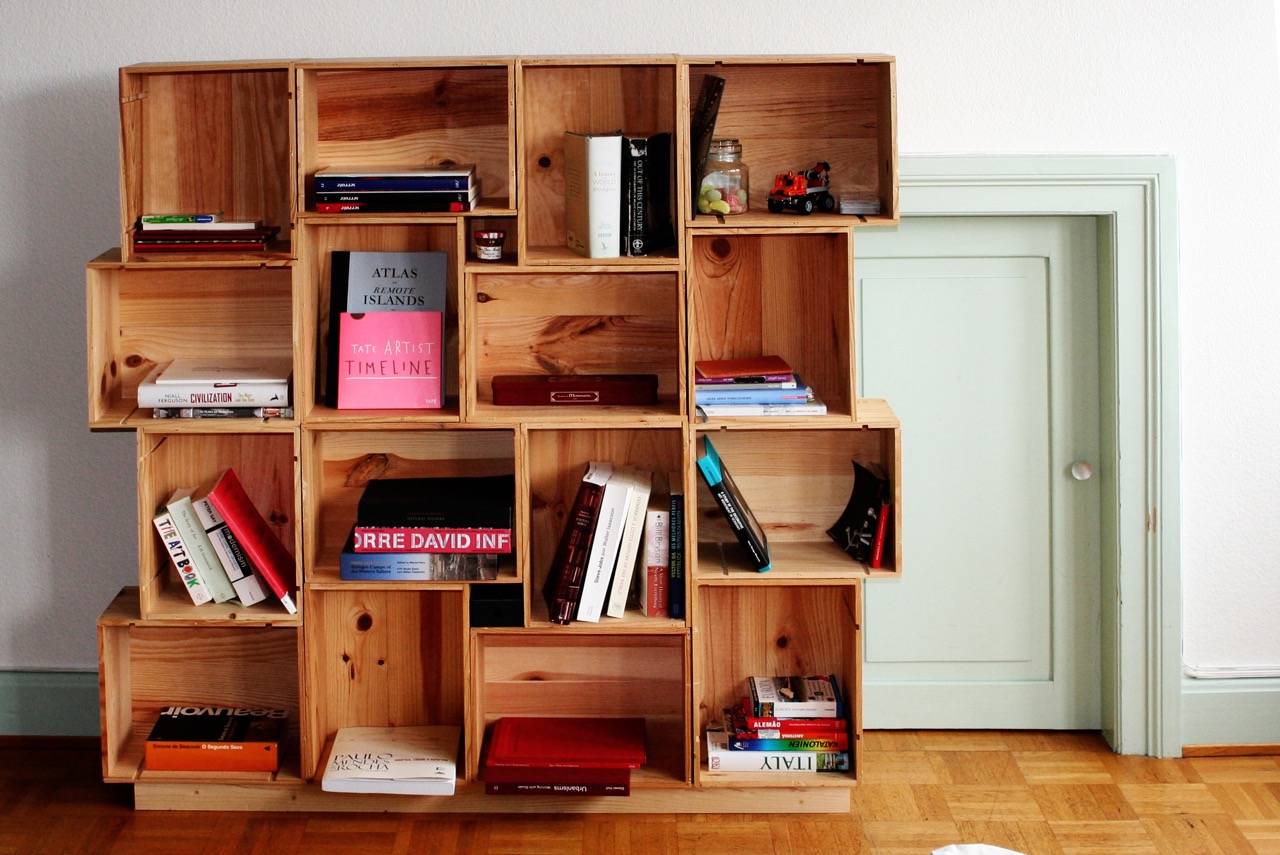
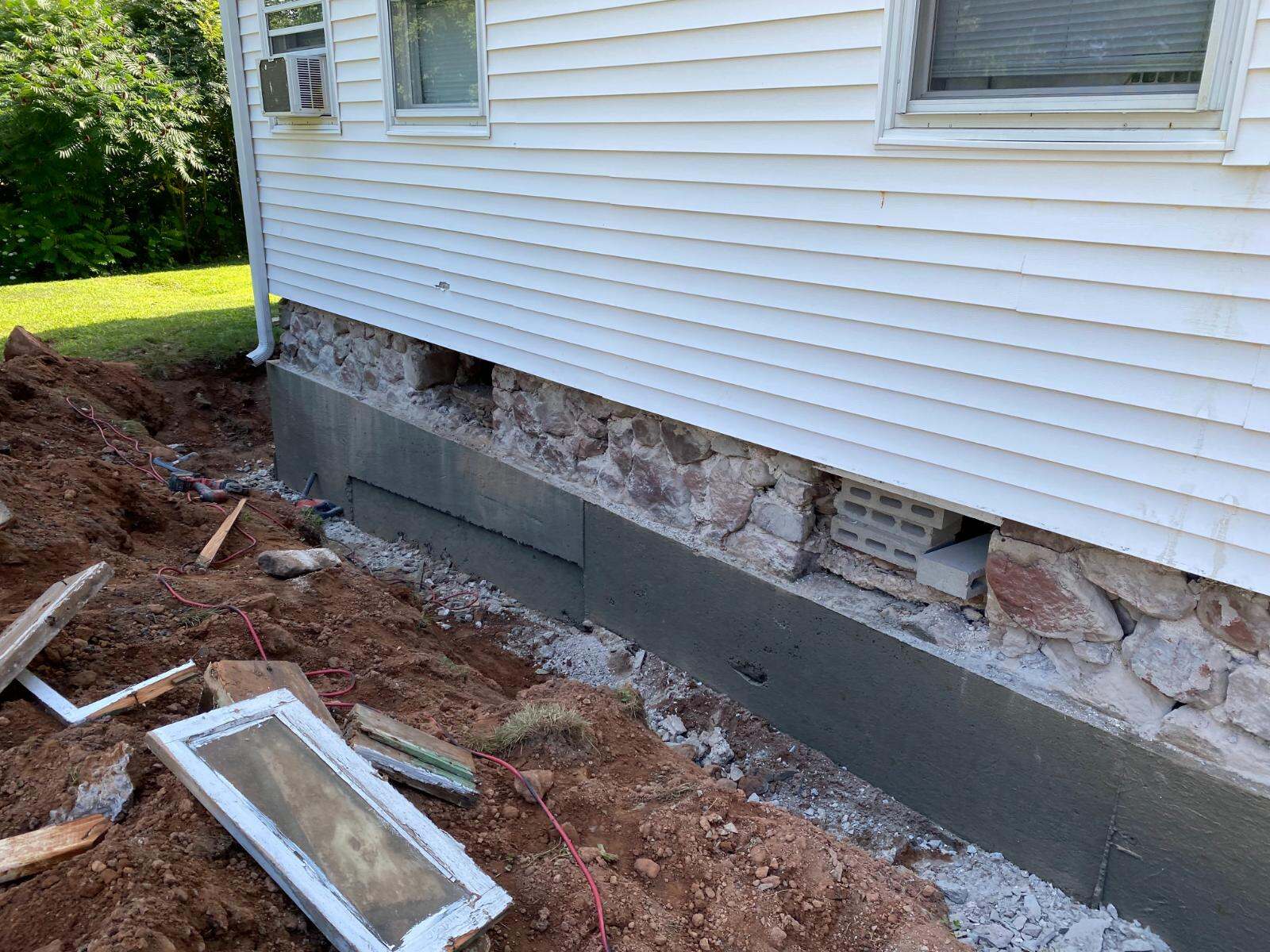
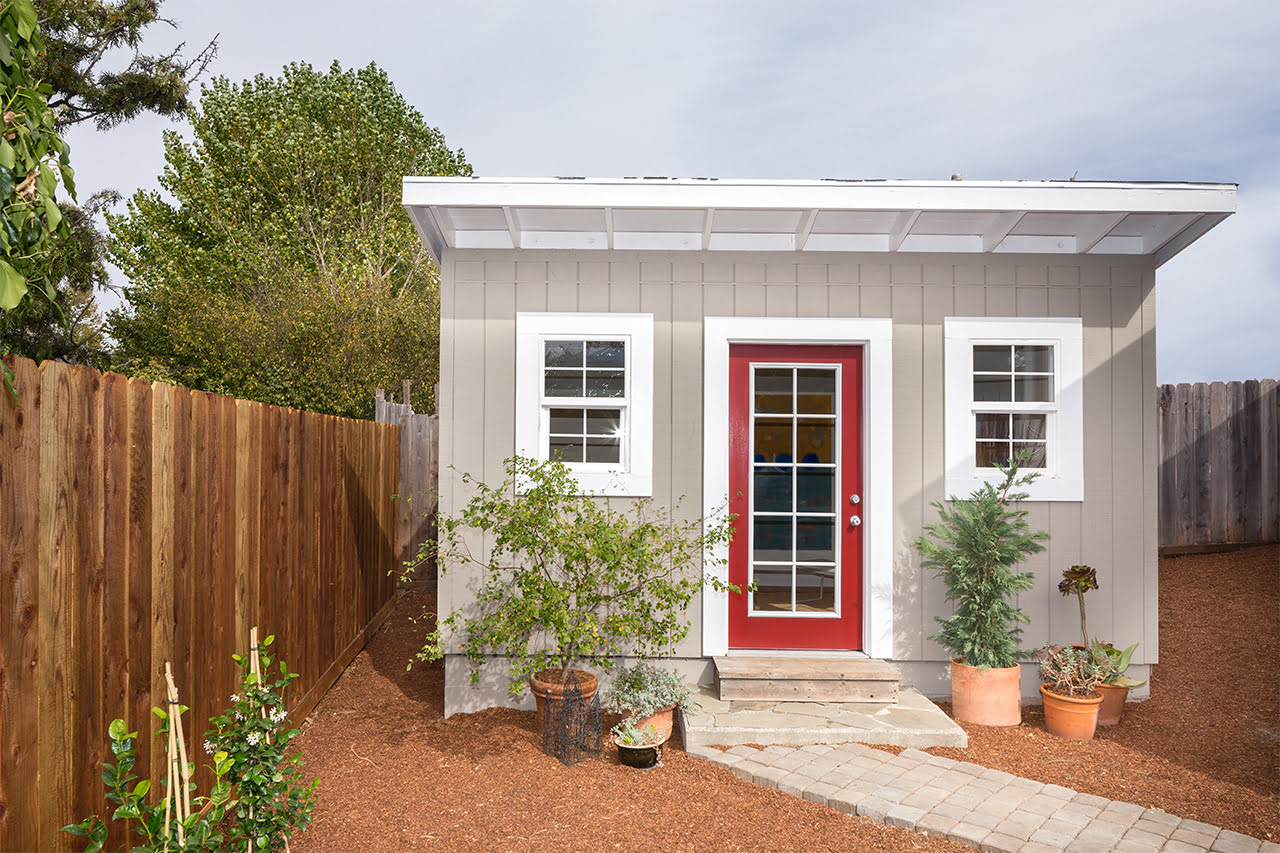
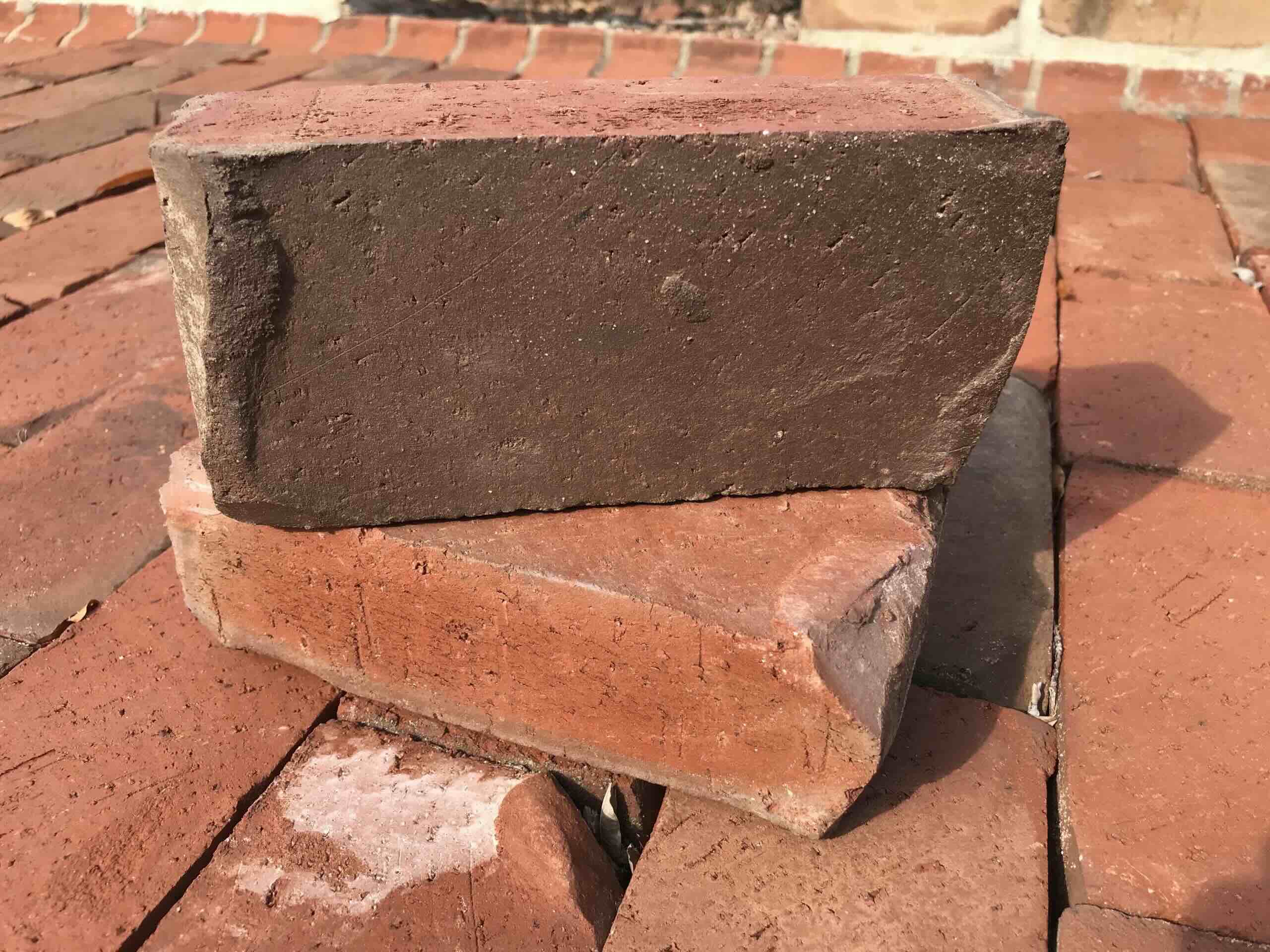
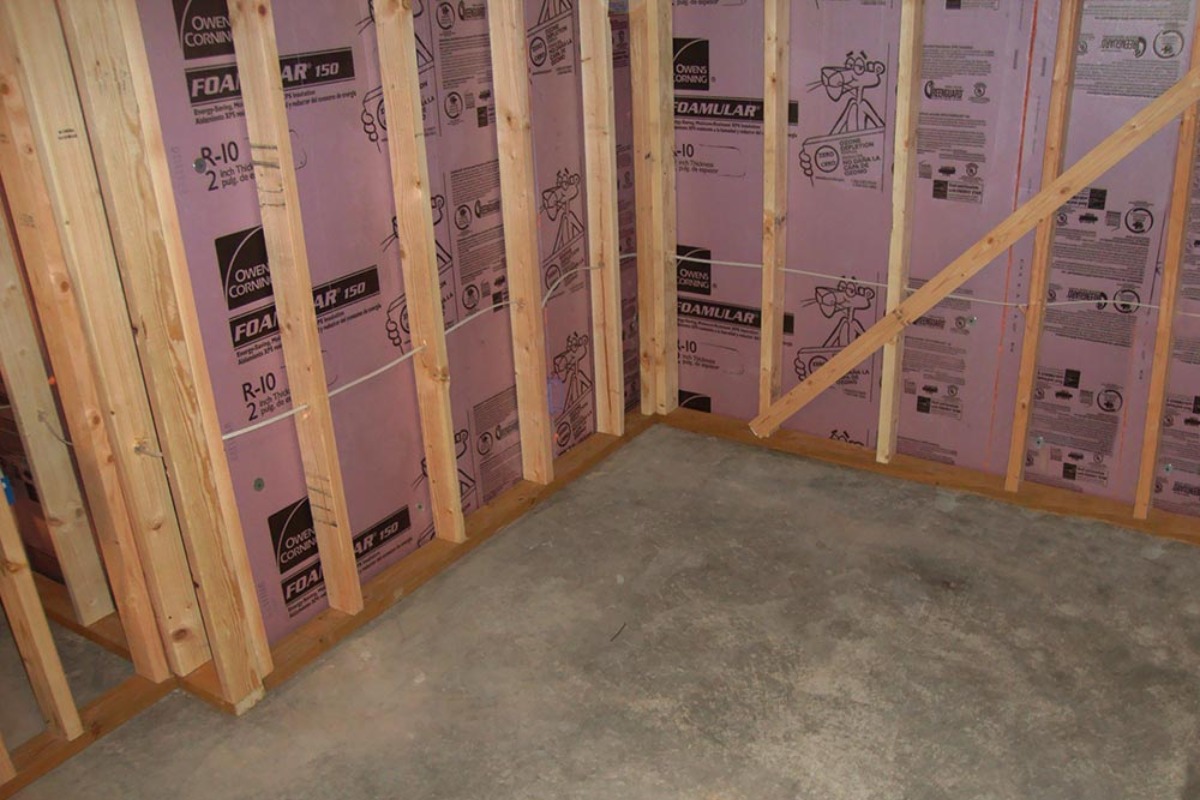
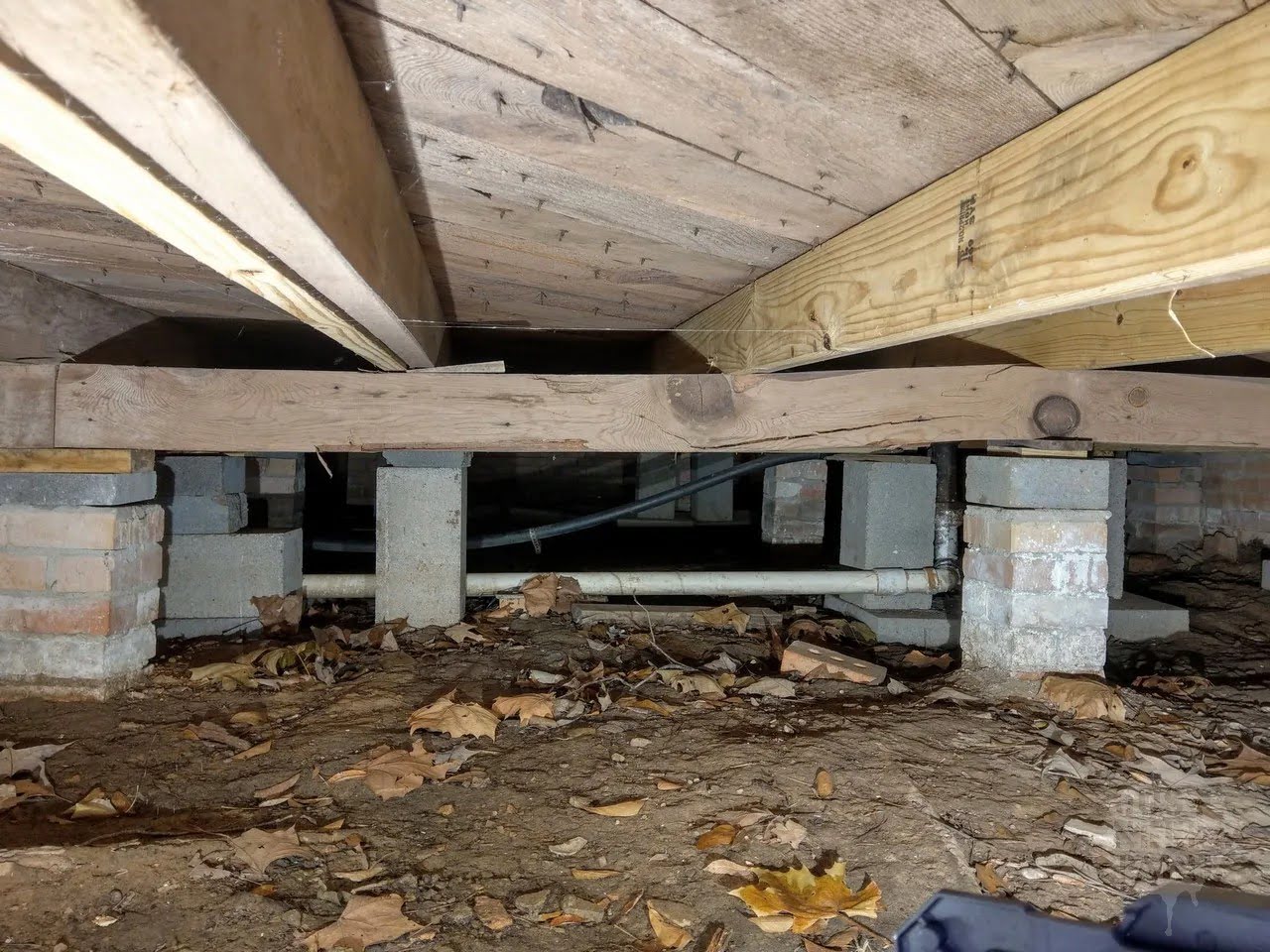

0 thoughts on “How Much Is A Foundation For A Modular Home”